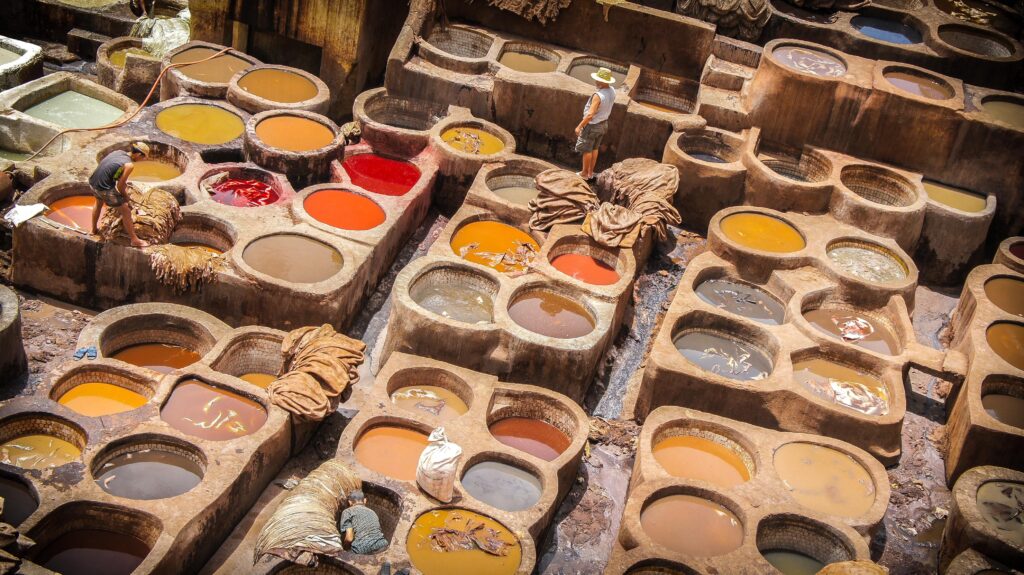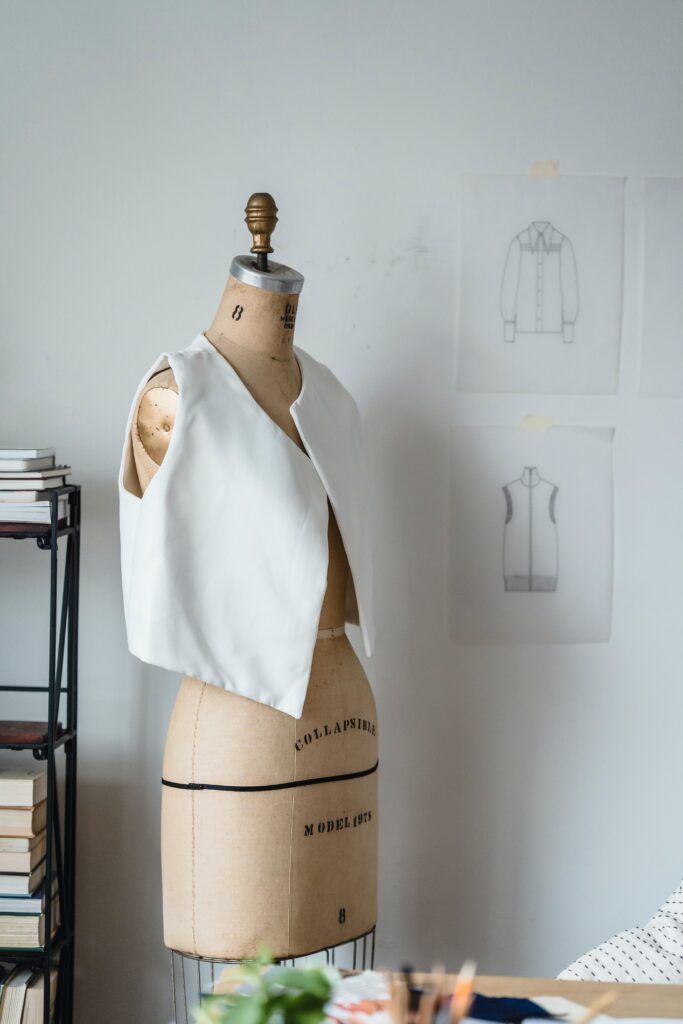Your cart is currently empty!
Protecting Our Planet, One Shirt at a Time: The Power of Ethical Clothing Production

In today’s world, fashion and sustainability have become increasingly linked. As individuals become more conscious of our planet and the limited resources it provides, many have started to question the production of their clothing items.
This blog will explore the power of ethical clothing production, and how we, as consumers, can have a positive impact on the environment by purchasing from sustainable and slow fashion brands. We have the power to make a difference and help protect our planet- one shirt at a time.
Table of Contents
How do I find ethical clothing suppliers?
Finding ethical clothing manufacturers can be a challenge, but with a little research, you can make sure your clothes are produced in an ethical fashion. When searching for a fashion manufacturing company, make sure to look for ones that have ethical production practices in place, such as only sourcing materials that are sustainable, recycled, or biodegradable, conduct in humane labor practices, and are committed to reducing their carbon footprint.
Ask the company specific questions about their supply chain and try to get a feel for what their values are. It’s also important to look at the certifications that the supplier has to ensure that they are meeting industry standards. Doing your diligence to ensure an ethical and sustainable fashion supply chain will help ensure that your purchases are helping protect the planet.

What is the most ethical material for clothing?
Organic cotton and sustainable garments are not only great for protecting our planet — they are also extremely comfortable! Organic cotton, in particular, is an incredibly ethical material for clothing because it is grown without GMOs, synthetic fertilizers, and pesticides, meaning it is much more eco-friendly than traditional cotton.
Additionally, it is highly renewable and biodegradable, making it a smart choice when it comes to sustainable materials. The fibers are also softer and stronger than traditional cotton, making organic cotton clothing a great option for everyday wear. Overall, organic cotton is a fantastic, ethical material when it comes to sustainable garment production.
Is ethical fashion expensive?
Fashion by nature is an expensive practice, with luxury items costing thousands of dollars. But ethical fashion is actually the opposite, and when you factor in the long-term environmental impact, it’s actually an investment in the planet at an affordable price. It’s marketable because ethical clothing brands are held to standards beyond just name and recognition – they adhere to sustainability practices, fair wages, and proven transparency.
Ethical fashion isn’t just something companies wear in order to look good – it’s increasingly becoming the norm in the fashion industry and has a real and tangible impact on our planet. As consumers of fashion, we have the power to make a difference. We can help protect the planet and its inhabitants by supporting ethical fashion. So, while it may cost a bit more upfront, the long-term benefits far outweigh the short-term costs.
How else can I engage in ethical Clothing Production?
And even if you can’t immediately switch all your wardrobe to ethical clothing, be it because of finances or because of peer pressure, there are still plenty of other ways to engage in the sustainable fashion movement. To begin with, you could start looking into purchasing sustainable underwear which is often made with organic or recycled materials. KENT, for example, is a brand that focuses on basics.
Additionally, investing in fashion brands that use recycled polyester or which are fully traceable from farm to store is a great way to contribute to the cause. If you’re a lover of fast fashion, consider paying extra to buy those clothes from companies that offset their carbon emissions and also work to ensure their clothing teams get a fair wage. All in all, there’s no shortage of ways to shop for sustainable clothes and make an impact on the planet, one shirt at a time!

Closing Words
In conclusion, the power of ethical clothing production cannot be overstated when it comes to protecting our planet. As we navigate the vast landscape of fashion brands, it is important to consider the impact our choices have on the environment and workers involved in the production process.
Whether you’re starting your own label or simply being a more conscious consumer when choosing a fashion brand, embracing ethical practices can make a significant difference. By opting for sustainable materials, supporting fair wages, and promoting transparency within the fashion industry, we have the ability to create a positive and lasting change.
By
Posted in
